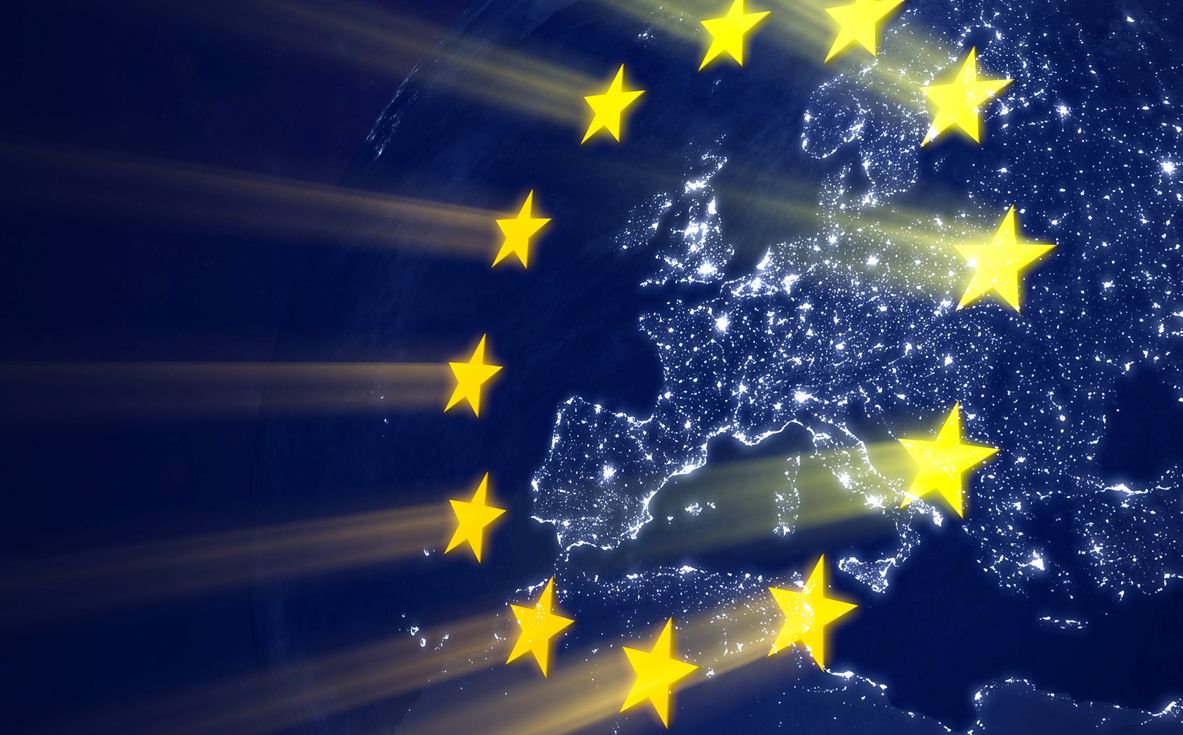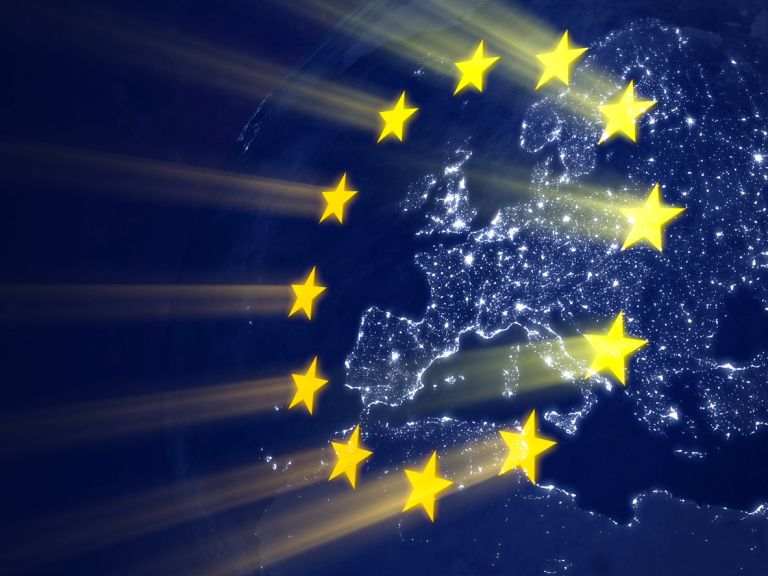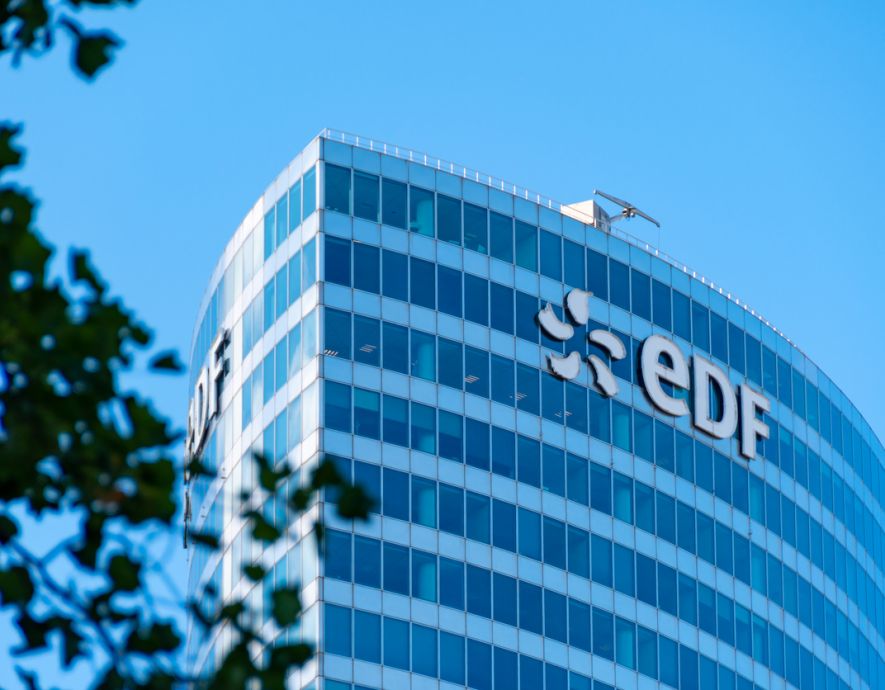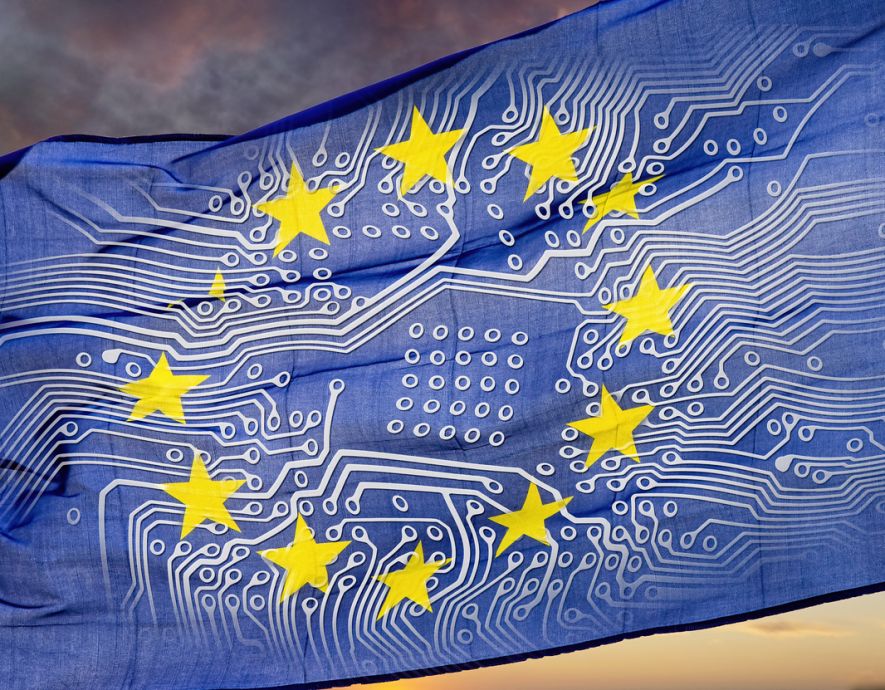
- Home
- Digital Sovereignty
- European Union: no compromise in sight for AI Act
European Union: no compromise in sight for AI Act


France and Germany balk at overly restrictive rules that could hinder their startups.
On December 1, 2023, Reuters revealed that negotiators from the European Commission, Parliament and Council were struggling to reach an agreement on the “generative AI” component of the AI Act. The European Parliament passed the bill in June 2023, but consensus from all three bodies is needed to complete the legislative process.
Unveiled in 2021, the AI Act has a broader scope than generative AI. Yet the emergence of tools such as ChatGPT and Midjourney has convinced Brussels to specifically address the new tech. However, some member States, like France and Germany, fear overly restrictive rules will hinder the growth of future European generative AI champions. The industry’s US giants have greater manpower and financial resources to adjust to overly strict regulation.
To avoid excesses, all the while preserving competitiveness for newcomers, European negotiators opted, in the summer of 2023, for the principle of “graded rules”. The latter involves ranking AI models in three categories, according to their current impact and potential risk, and thus implement growing requirements.
However, according to Reuters, the compromise failed to convince European startups in the generative AI field, particularly the French Mistral and German Aleph Alpha companies. France and Germany are therefore thought to have vetoed this option, at the risk of creating a deadlock for the AI Act.
the newsletter
the newsletter



